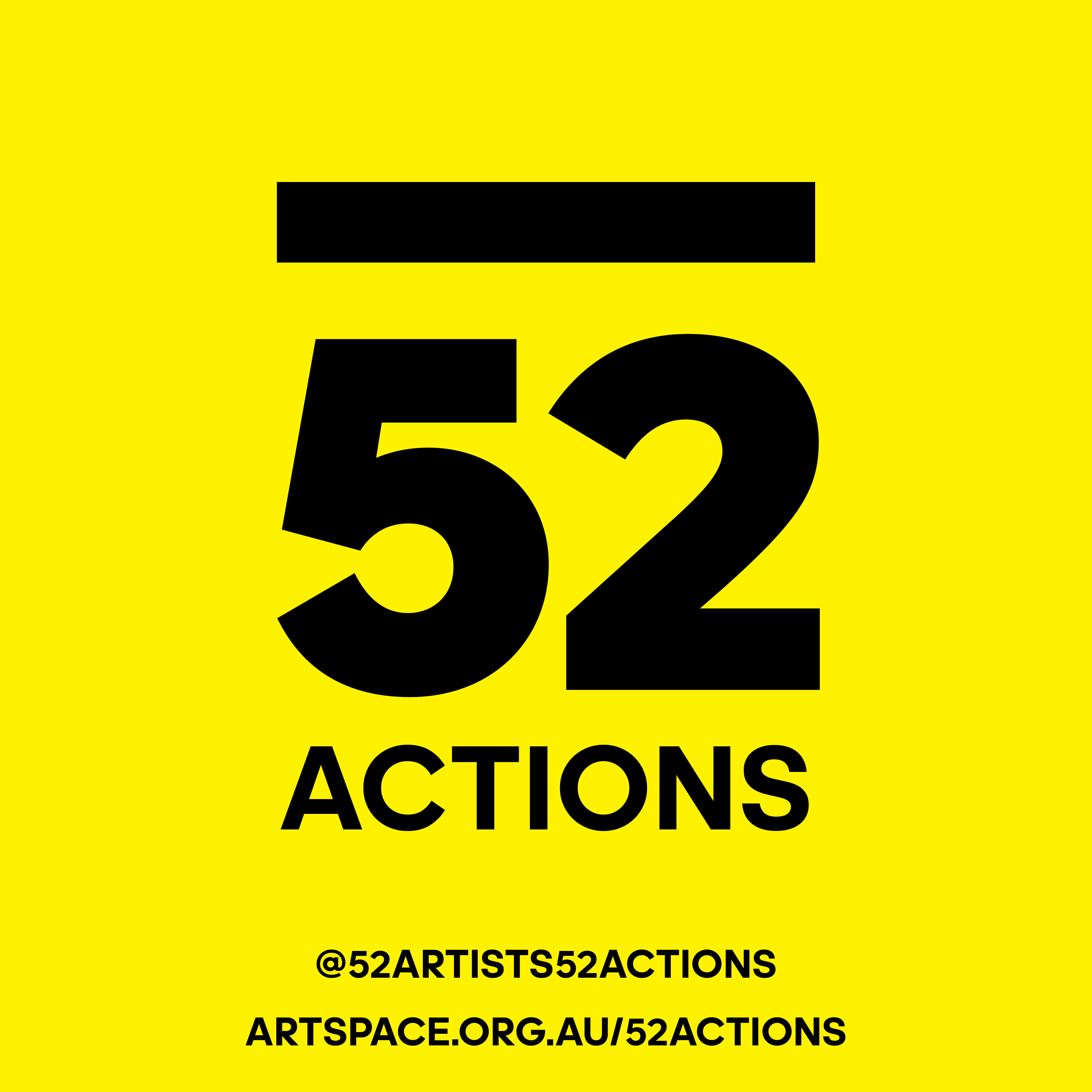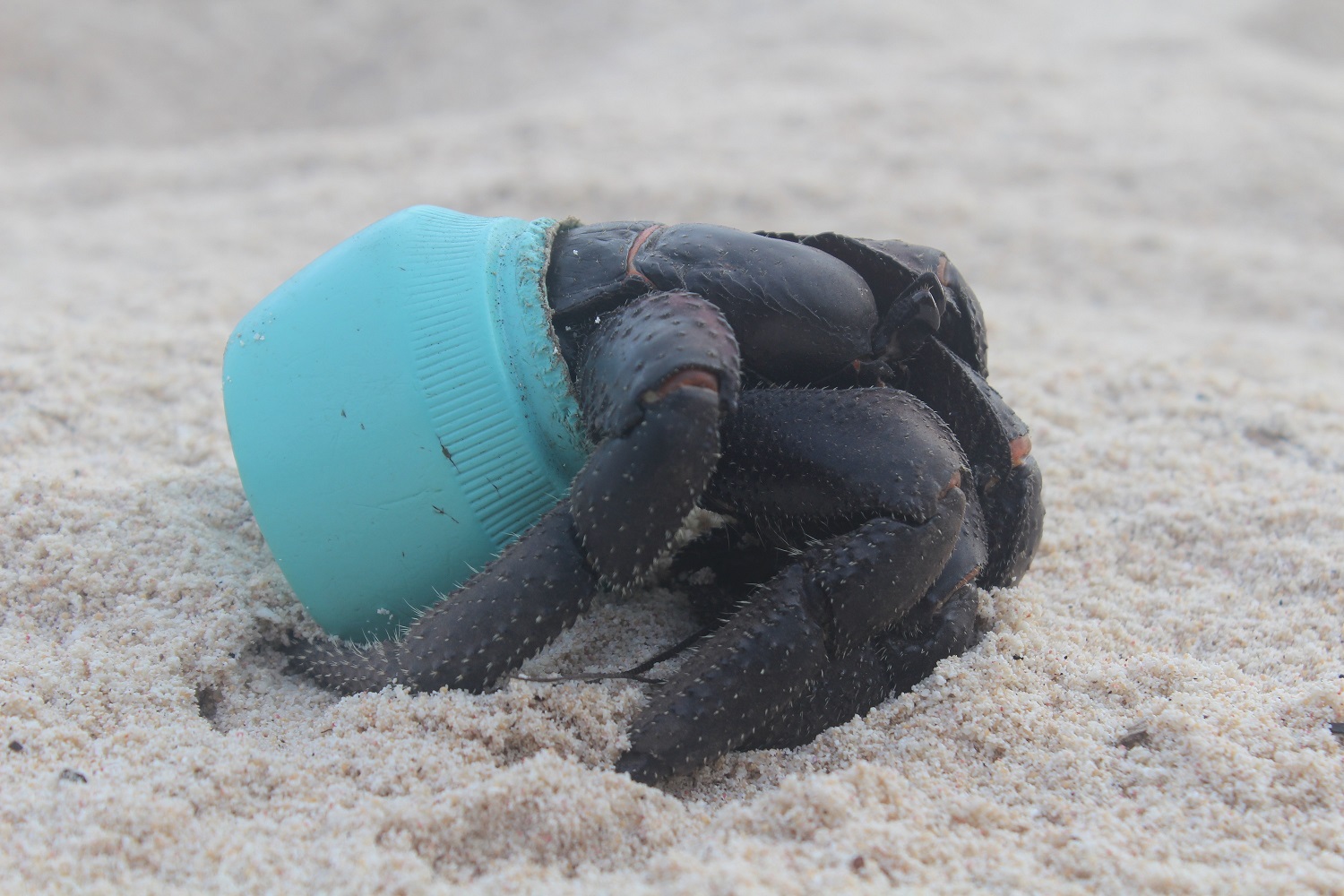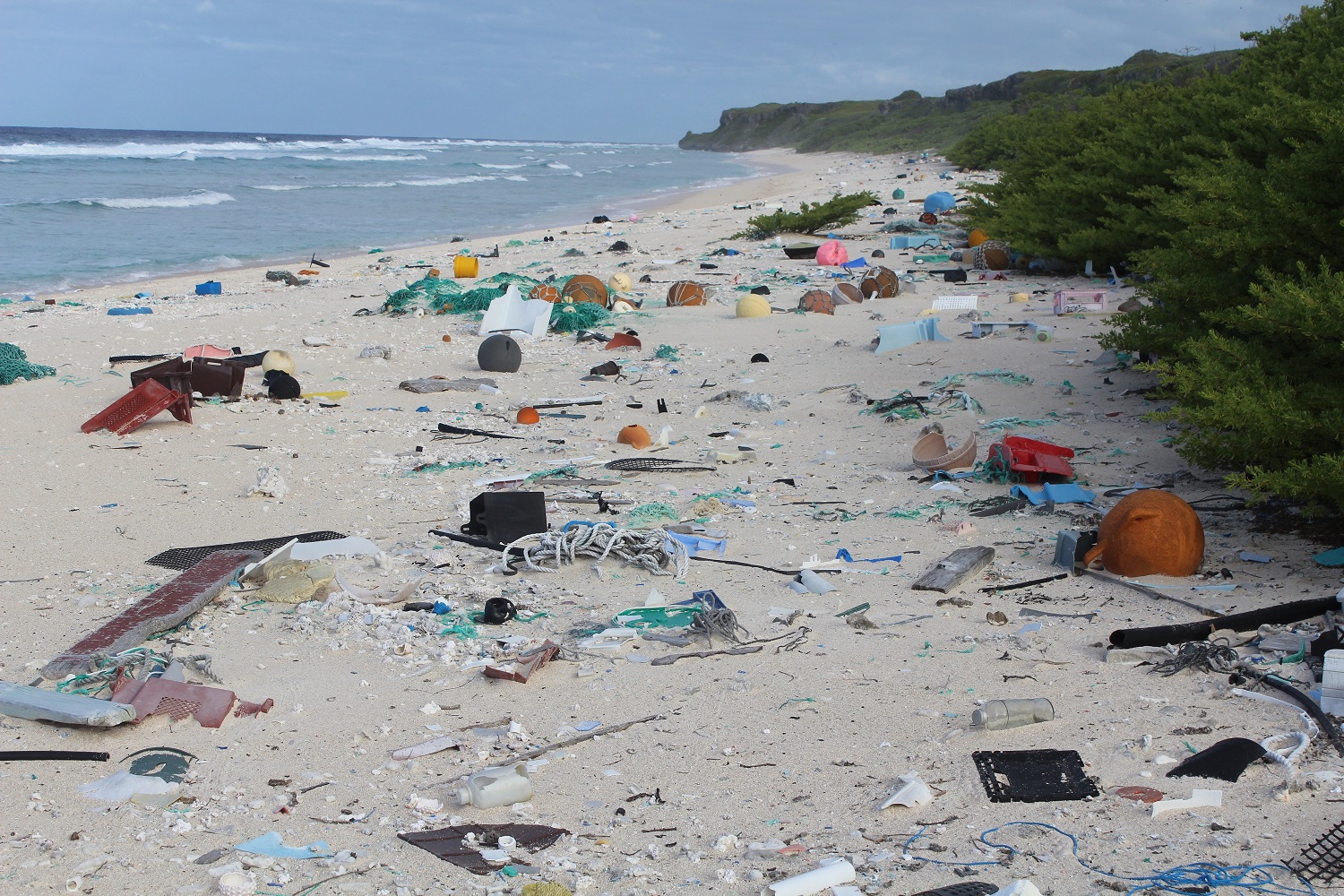
For one week starting this Monday, the 52 Actions online exhibition will showcase a fascinating visual journey created by the IMAS-led Adrift Lab team, which tells the story of our increasing reliance on plastic, and how science has been interwoven in this over the past century.
Disposable Progress will take you from the first exciting moment plastic was discovered, through the growth of our convenience-obsessed throwaway society, to the scientists and communities working to save a planet drowning in plastics today.
One of 52 week-long exhibitions presented by ArtSpace this year, Disposable Progress will be live on the 52 Actions Instagram page from Monday.
Five Institute for Marine and Antarctic Studies (IMAS) Adrift Lab researchers and students have worked together to create the exhibition, including researchers Dr Jennifer Lavers and Dr Alexander Bond, Dr Jack Rivers-Auty from the UTAS School of Medicine, and IMAS PhD candidates Megan Grant and Lillian Stewart.
“Adrift Lab is an interdisciplinary group of Australian and international scientists who investigate the ecological impacts of plastic pollution on our environment,” said Adrift Lab co-founder, Dr Lavers.
 “We love communicating our science, and we work with diverse and talented partners who help us translate our science and stories of birds, plastic and remote islands into beautiful pieces that engage the global community in this critical issue that affects us all.”
“We love communicating our science, and we work with diverse and talented partners who help us translate our science and stories of birds, plastic and remote islands into beautiful pieces that engage the global community in this critical issue that affects us all.”
IMAS PhD candidate, Lillian Stewart, said each Instagram post reflects a major turning point over the past 100 years.
“It’s incredible to see the transition from scientists creating the first plastic called Bakelite, to scientists documenting all the plastics in our oceans and inside our wildlife,” Lillian said.
“This was such an exciting project to be involved in, especially as a PhD student, and we all felt so privileged that Adrift Lab was invited to participate.”
Dr Lavers points out that plastic production continues to accelerate, outpacing positive behavioural and policy change.
“At Adrift Lab, we face the realities and legacy of this pollutant every day, in the seabirds and other wildlife we study, and in the oceans and on the islands where we work. So this action – Disposable Progress – is a valuable tool for all of us to reflect on.”
Follow the plastics journey from Monday, May 17 on Instagram. Missed something? Visit Disposable Progress on the ArtSpace website.

The Adrift Lab plastics research program is supported by Detached Cultural Organization, University of Tasmania, The Natural History Museum London, Lord Howe Island Museum, Pure Oceans Fund, L. Mortensen, L. Brice and the generosity of countless others. Visit our Adrift Lab to learn more.
Images:
Published 14 May 2021